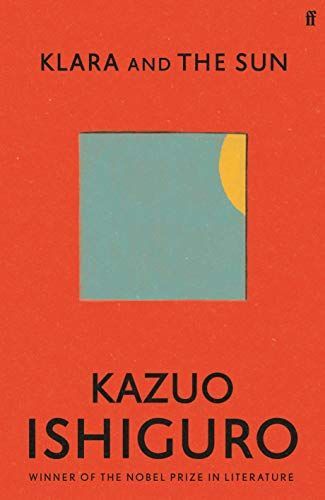
Reviews
Jules @pongleton
smile??@smilemore
Elyse @elysejune
Ani Velasquez@aniruokay
darryl ✦@miyow
cha ☁️@inpaperback
yna@ynana
MK@easyfriday
gitsa@saturned
Jess Z@jessreading
antonia maria wagner she/they@toniia
Eli Alvah Huckabee@elijah
maddy rowley@maddyrowley
Yves@visionsofyves
Tom Lawlor@heretobotheryou
Eva Ströberg@cphbirdlady
Anna @ann_omalia
Gelaine Trinidad@gelaine
Eric Drake@erichdrake
isabelle@readsbyissy
Lettuce Wrapped Cabbage Cat@lettucewrappedcabbagecat
Hanna Rybchynska@hannarbc
Chloé@misslola44
Katie Berges @mermaidstatus
Highlights
smile??@smilemore
smile??@smilemore
smile??@smilemore
smile??@smilemore
smile??@smilemore
smile??@smilemore
smile??@smilemore
smile??@smilemore
smile??@smilemore
smile??@smilemore
smile??@smilemore
smile??@smilemore
gitsa@saturned
Fabrice Schäfer Rodrigues@mgly
Carrie Booth@carrielorelle
Page 22
jenny grace@jensmind
Page 30
jenny grace@jensmind
Page 30
jenny grace@jensmind
Page 27
jenny grace@jensmind
Page 26
jenny grace@jensmind
Page 25
jenny grace@jensmind
Page 17
jenny grace@jensmind
Page 17
Fred Rivett@fredrivett
Fred Rivett@fredrivett
Page 113